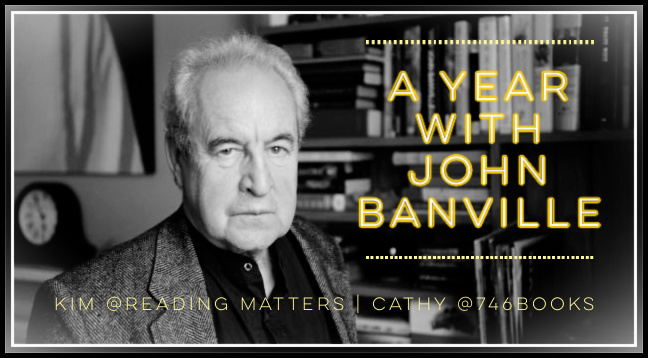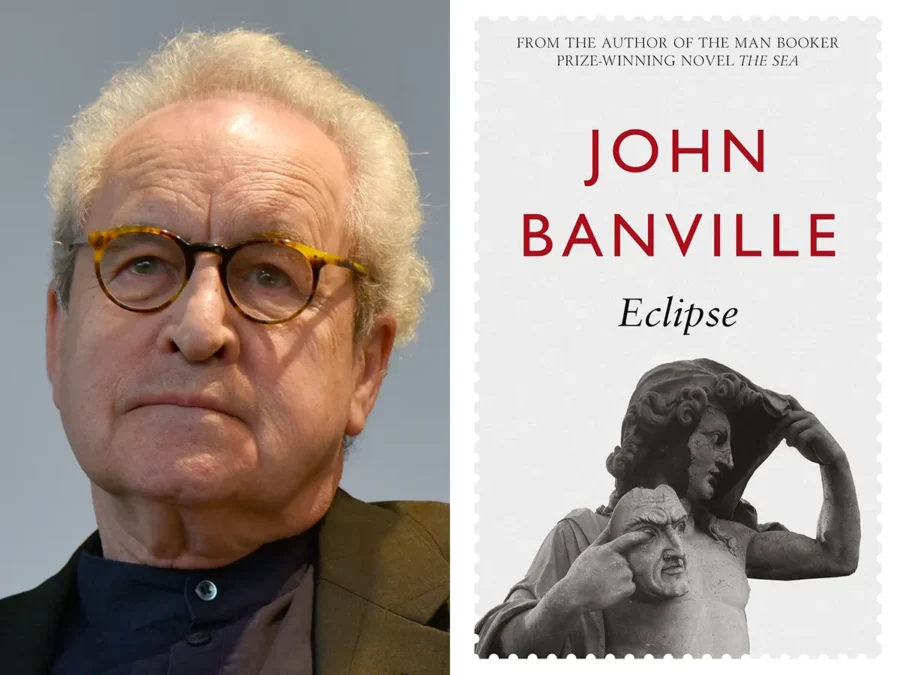My thoughts on Eclipse, a beautifully written novel by Irish writer John Banville.
John Banville has a way of writing novels that captivate me with their prose even when the subject matter doesn’t thrill me. Birchwood won me over with its stunning prose even though I wasn’t much interested in the nostalgic story of aristocratic decline, and a few years later I described his Booker-winning novel The Sea as “a beautiful ride to nowhere in particular.”
So I wasn’t too worried when the premise of Eclipse failed to grab me. I wasn’t reading it for the story of a 50-year-old actor retreating to his childhood home for a bout of introspection: I was reading it for the prose.
On that score, Banville delivered as usual. He describes completely ordinary things and makes them sound wondrous. Here’s the narrator talking about his wife:
In this light the shock of silver in her hair was stark, undulate, ashine.
And a man he’s just discovered in his house:
His protuberant pale eyes reminded me of a virulent kind of boiled sweet much fancied when I was a boy. There was a raw patch on his chin where the morning razor had scraped too closely. From the pocket of his balding corduroy jacket he brought out a bottle in a brown-paper bag. ‘Warm the house,’ he said, with a lopsided leer, showing the whiskey.
And here he’s just looking out of a window:
This evening, leaning chin on fist at my little window, I can see the last of the geraniums and smell their citrusy scent; the air swarms with midges; in the west a fat sun squats in a sky of palest pink and leek-green and marian blue.
Banville’s prose is always carefully fashioned, and he always finds fresh ways of saying things. When the narrator is surprised, his heart doesn’t leap—instead, it rears on its tethers, bumping like a wind-tossed balloon. When light hits a woman’s sleeve, it’s not a shaft or a streak but an oleaginous slither. All of these careful word choices and surprising juxtapositions add up to a pleasurable reading experience.
The plot of Eclipse is very slow-moving, redeemed only partially by a late twist that casts much of the earlier information in a new light. We spend a lot of time with the narrator, Alexander Cleave, walking around an empty house, drinking, imagining ghosts, remembering his childhood, wondering why his acting career seems to be falling apart. Things improve marginally when Cleave discovers a squatter in the house, and then another, and then there’s some drama when his wife arrives. Then the plot twist is quite satisfying. But all in all, it’s slim pickings—Cleave is not particularly interesting as a character, and the supporting cast doesn’t help much, and nothing much happens to any of them for a long time.
But the prose… It gets me every time. I’m still glad I read Eclipse, and I’ll still read more John Banville novels in future. There’s nothing better than spending a few hundred pages in the company of a master prose stylist.
Thanks to Kim and Cathy for prompting me to read this novel as part of their reading project, “A Year With John Banville“.

Why not check out the schedule on their page and join them for a readalong later in the year? There are plenty of good books on there, with a mix of literary fiction and the crime novels he wrote under the pen name of Benjamin Black. The only one I’d caution against is Snow, which felt like a recitation of crime fiction cliches to me.
Image credit: Jindrich Nosek (NoJin), CC BY-SA 4.0, via Wikimedia Commons




There are 2 comments
I’ve yet to read a Banville novel. I keep meaning to but you know how it is.
I definitely know how it is! So many books… 🙂